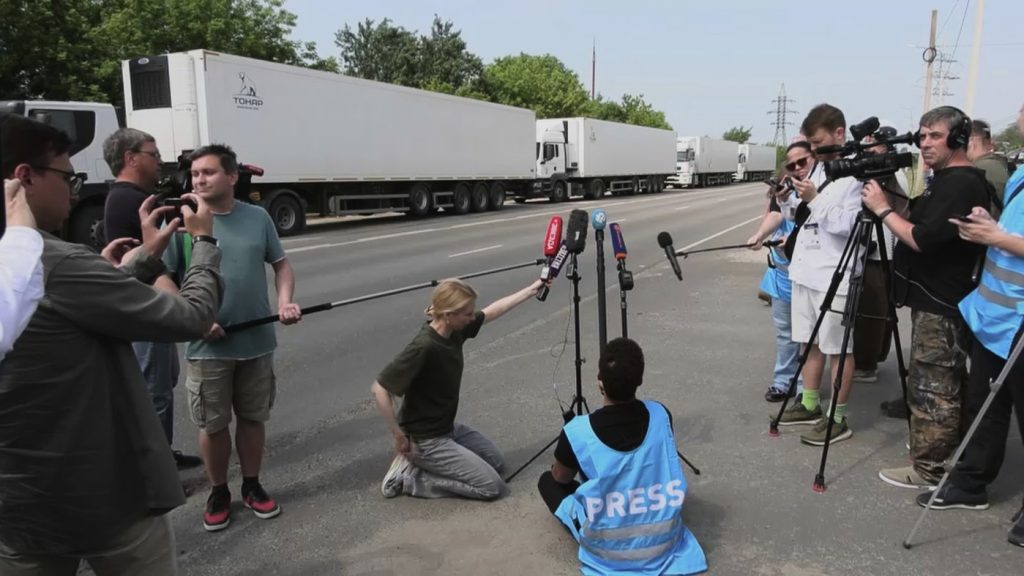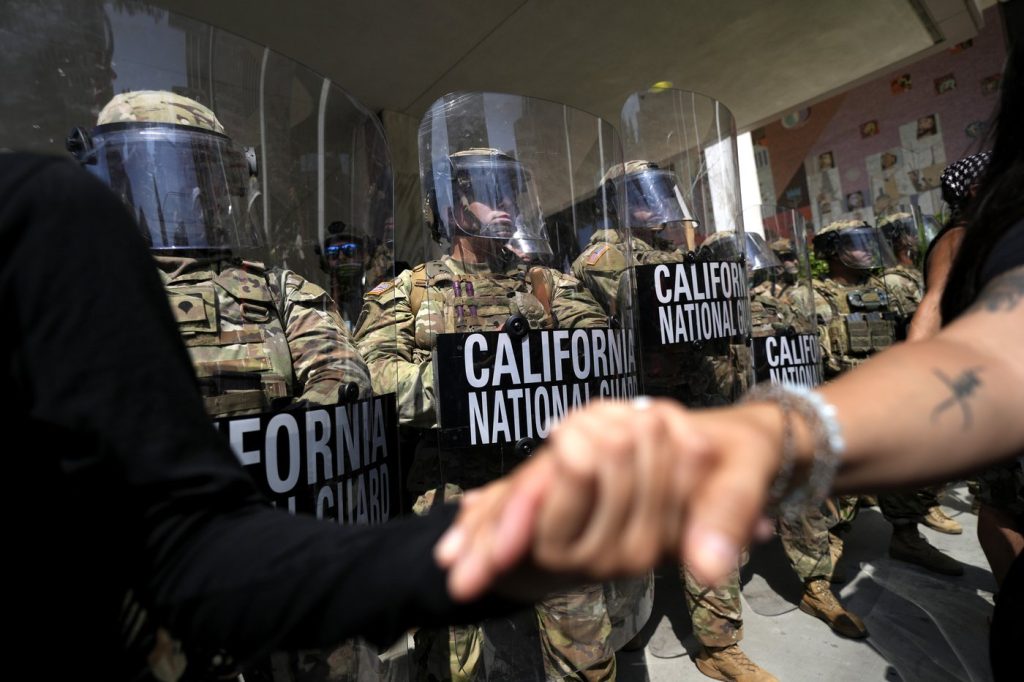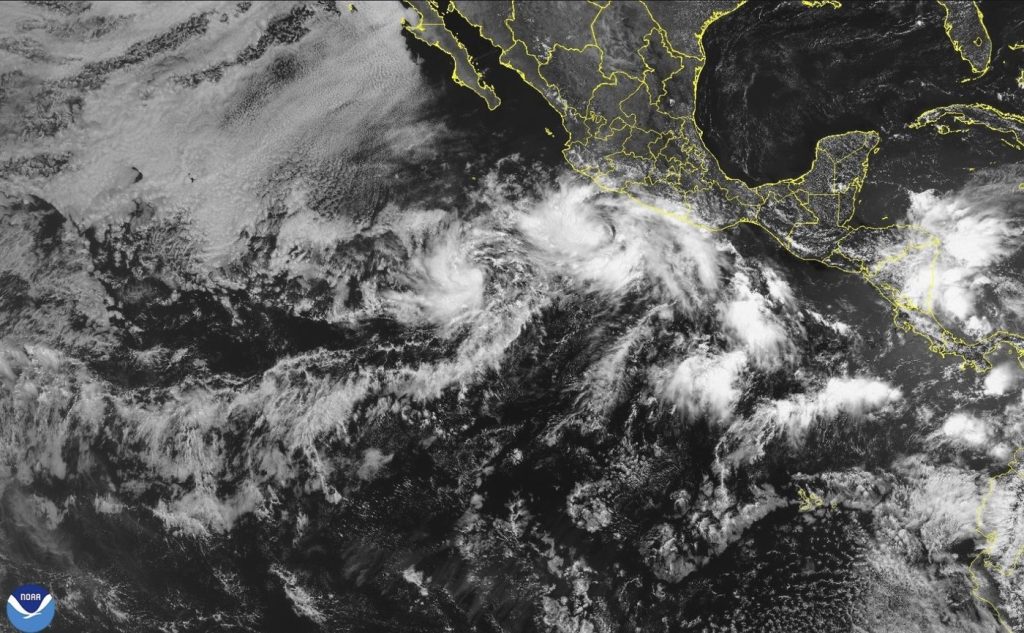On Sunday, Russian officials announced that they are still awaiting confirmation from Ukraine regarding the planned exchange of 6,000 bodies of soldiers killed in action, alleging that Kyiv had postponed the swap. Lt. Gen. Alexander Zorin, a representative from Russia's negotiating group, stated that Russia had delivered the first batch of 1,212 bodies to the designated exchange site at the border but received signals indicating that the transfer process might be delayed until the following week.
In a statement relayed on her Telegram channel, Maria Zakharova, a spokesperson for the Russian Foreign Ministry, questioned whether Ukrainian President Volodymyr Zelenskyy's decision not to accept the bodies was personal or influenced by someone from NATO. Ukrainian authorities, however, insisted that the plans agreed upon during direct talks in Istanbul were proceeding as scheduled, despite allegations from Ukraine's intelligence chief, Kyrylo Budanov, that Russia was trying to unilaterally dictate the terms of the exchange.
Budanov reiterated that Ukraine is adhering to the agreements established in Istanbul, emphasizing that the specifics of who, when, and how to exchange should not be dictated by one party. He stated that preparations for repatriation activities would commence next week, asserting that everything is progressing according to plan, despite what he termed a "dirty information game" from the Russian side.
On Saturday, both Russia and Ukraine exchanged accusations of jeopardizing the body swap agreement made in Istanbul, which did not yield any progress toward resolving the ongoing war. Vladimir Medinsky, an aide to President Vladimir Putin, claimed that Kyiv halted an imminent swap at the last moment, despite refrigerated trucks carrying over 1,200 bodies having already arrived at the exchange site. Meanwhile, Ukraine's authority managing such swaps stated that no specific date for repatriation had been established and accused Russia of providing lists of prisoners of war that diverged from agreed-upon terms from the Monday talks.
In other developments on the front lines, Russia's Defense Ministry reported that its forces had penetrated the western edge of the Donetsk region, one of the four provinces illegally annexed by Russia in 2022, and were conducting offensive operations in the neighboring Dnipropetrovsk region. This advancement would represent the first time Russian troops have entered Dnipropetrovsk in over three years of conflict. Ukraine did not immediately respond to these claims, and the Associated Press could not verify the information.
If confirmed, Russia's advance in this region would mark a significant challenge for Ukraine's already overextended military forces, as peace negotiations remain stalled and Russian troops have made incremental territorial gains elsewhere. A recent round of aerial attacks also heightened tensions, with reports of casualties resulting from Russian strikes in the eastern Kharkiv region. Regional police reported that six people died and over two dozen were injured in attacks on Saturday.
In terms of aerial warfare, Ukraine's air force reported that Russia launched a total of 49 drones and three missiles overnight, of which 40 drones were either shot down or electronically jammed. The Russian Defense Ministry, on the other hand, claimed to have intercepted 61 Ukrainian drones during the same period. Additionally, a Ukrainian drone attack in Russia's Belgorod region resulted in injuries to five individuals, while another drone attack ignited a fire at a chemical plant in the Tula region, wounding two people.
Following these events, Russian authorities announced temporary flight suspensions at Vnukovo and Domodedovo airports—two major airports serving Moscow—due to a Ukrainian drone assault. Later in the day, Domodedovo airport faced additional flight halts, alongside Zhukovsky airport.












